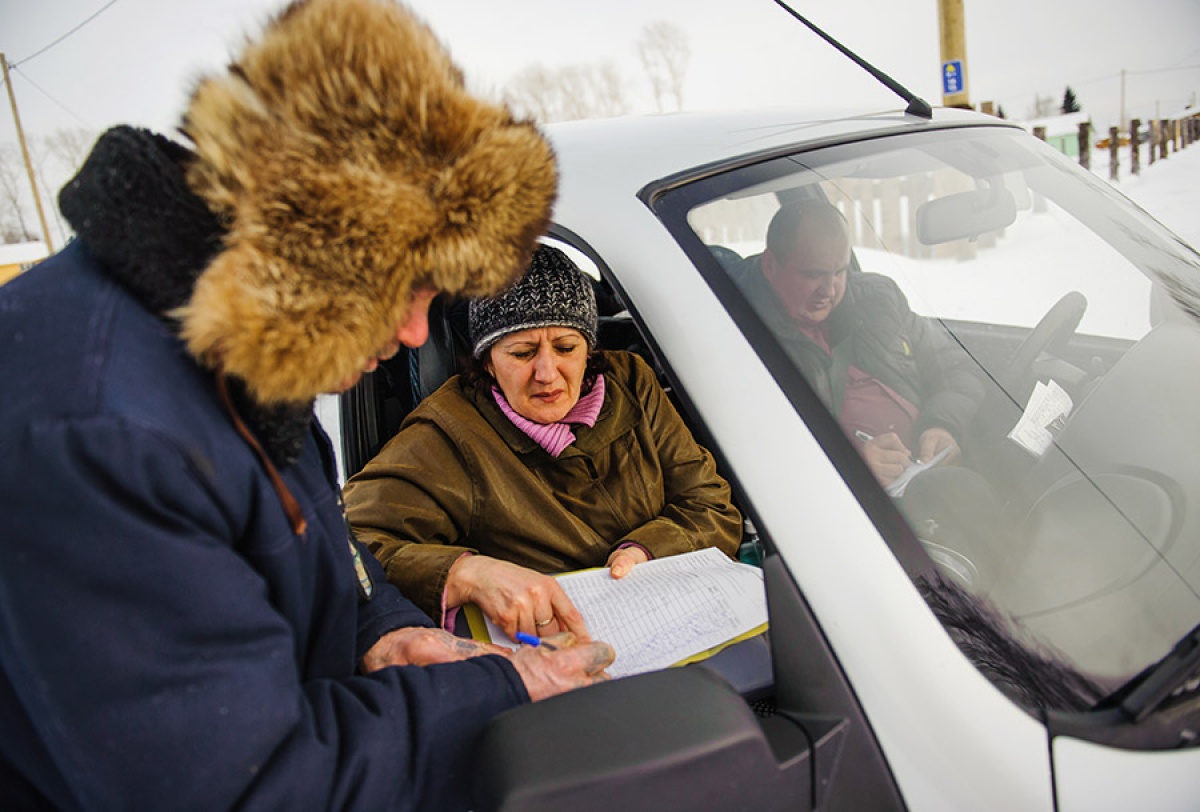We go
Posted on Mar 19, 2015

We travel to remote places where health care options are limited or barely exist.
Beyond Russia’s Ural Mountains, in the dense forests of southwestern Siberia, Tomsk has historically been a destination for exiles. Even now, many people still live on the fringes of society.
Many people suffer from tuberculosis. The region has some of the world’s highest confirmed rates of tuberculosis and multidrug-resistant tuberculosis. Patients are poor, living in shacks or cold apartments, and lack access to proper medical care. Tomsk’s harsh climate, landscape, and roads also make it difficult for them to receive care.
Partners In Health has worked in Tomsk since 1998. Every day our nurses visit TB patients, delivering medication and food packages, and monitoring those who are most likely to struggle to complete treatment. The initiative is named “Sputnik,” a Russian word for “life partner” or “special friend.” It reflects our aim to put patients at the center of our treatment efforts, traveling to where they live and need care.
Our patient-centered approach is seeing results. This year, we released a report highlighting Sputnik’s success in the treatment of drug-resistant TB. Seventy-one percent of our patients have remained on medication since the program’s launch in 2006—a remarkable achievement for patients who otherwise would probably not have finished treatment.
Our approach is the same in all the work we do, worldwide. All of our sites are difficult to reach. In the hills of Haiti, Malawi, and Rwanda; the mountains of Lesotho and Mexico; the remote towns of the Navajo Nation; the slums of Lima, Peru; and—this year—remote areas of Liberia and Sierra Leone, PIH goes to where people lack access to high-quality health care and works to ensure they get the care they need.
Learn more about our principles:

